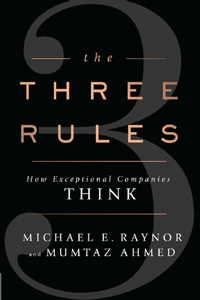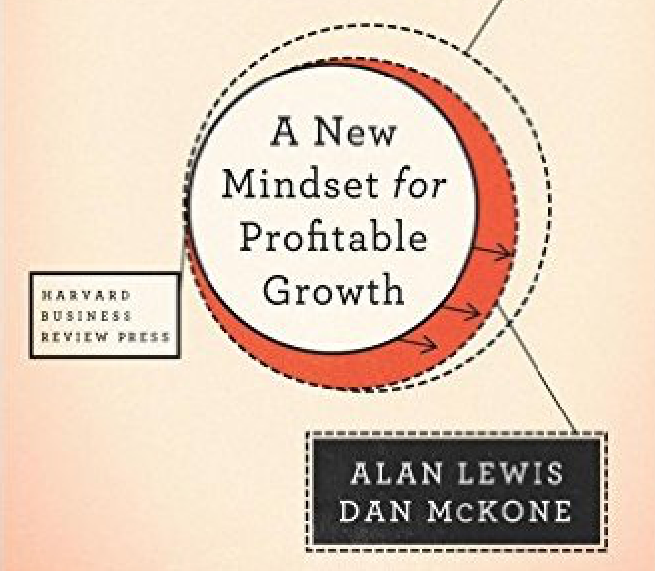 Did Deloitte discover the key to exceptional performance?
Did Deloitte discover the key to exceptional performance?
Earlier this year, Deloitte Consulting's Mumtaz Ahmed and Michael Raynor published The Three Rules: How Exceptional Companies Think . The authors set out to answer what was, in their mind, the ultimate business question—how do some companies achieve exceptional performance over the long haul? To do so, Raynor and Ahmed analyzed data on more than 25,000 companies over 45 years. Their study began with a statistical analysis to identify which companies truly achieved exceptional performance. They came up with 344 companies that qualified. But after five years of analysis, their attempt to find a consistent pattern of behavior that separated the exceptional companies from the pack led only to a series of dead ends. In collaboration with a team of researchers, the authors put a carefully chosen representative sample of 27 companies under the microscope to uncover what made these stand-out performers different. They discovered that these exceptional companies, when faced with difficult decisions, follow three rules: 1) Better Before Cheaper; 2) Revenue Before Cost; and, 3) There Are No Other Rules. Consulting caught up with Raynor to discuss the book, exceptional companies and the three rules.
Consulting: How did the book come about? Why did you write this particular book at this time?

